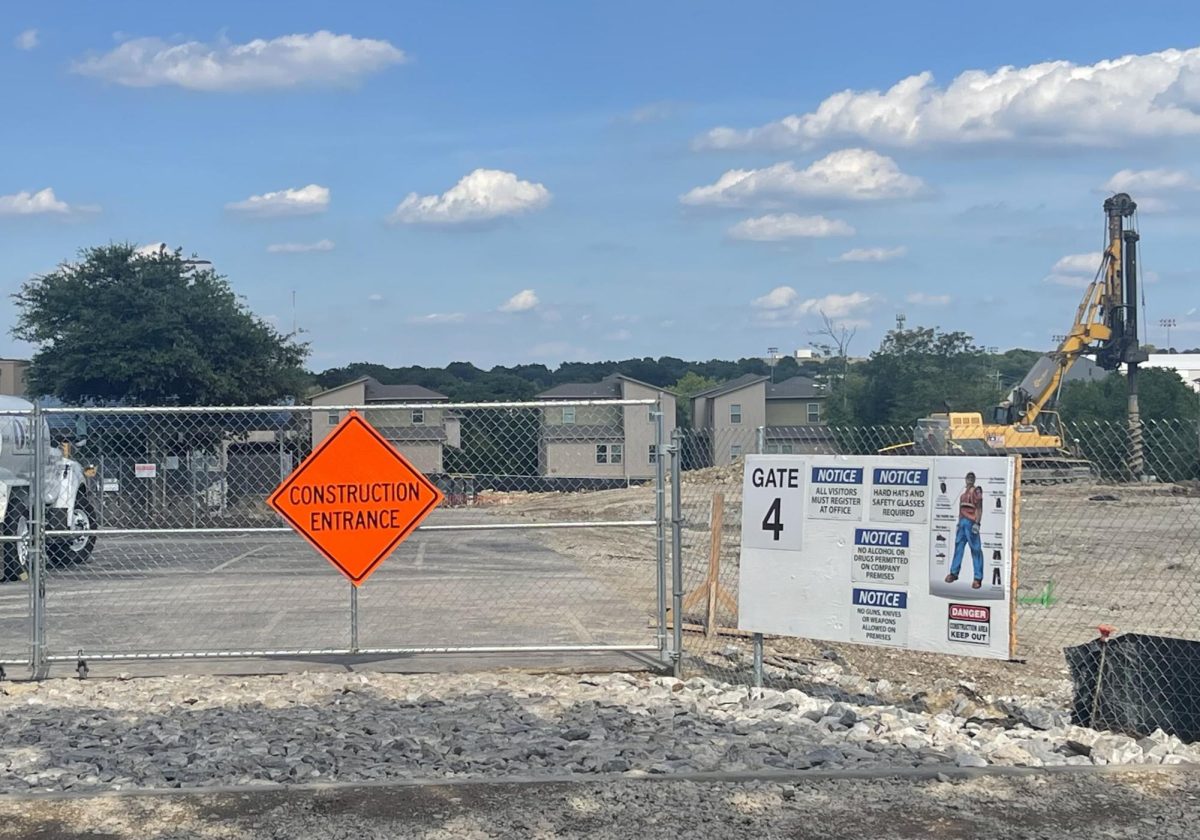Congressmen speak at symposium
Published Feb 14, 2012
Former U.S. Rep. David Martin (R-NY) and Rep. Bill Alexander (D-AR) spoke at the 11th annual Jim Wright Symposium Monday, sharing personal stories and speaking about the current state of Congress.
The event was a demonstration in civil political discussion, said Jim Wright, former Speaker of the House and namesake of the event. Wright, who also spoke briefly at the event, said he enjoyed having his former colleagues speak and share their stories from Capitol Hill.
Martin began his remarks by sharing how he worked with his fellow Congress members in what he called “a time of bipartisanship.” Helater said a “poisonous atmosphere” had developed in Congress, where negative advertising in campaigns had caused a gridlock among Congress members.
“To be with the person who just said the vilest things about you – it’s difficult to sit down and just say ‘It’s nice to see you again,’” Martin said.
Media such as cable news and Twitter have increased the output of negativity, Martin said.
“It’s now ‘Hey, let’s let you and him fight,’” Martin said. “The nastier you are, the better. The worse you are, the more they like it, show it and promote it.”
Martin’s fellow speaker Alexander said he also noted negative changes in Congress.
The influence of money in Congress has gotten too great, Alexander said, as millions of dollars are needed to compete in a modern primary.
Jim Riddlesperger, a political science professor and the symposium organizer, said the event was largely made possible because of the assistance of the United States Association of Former Members of Congress. The association paid for the majority of the speakers’ expenses, including airfare, Riddlesperger said.
“They said they wanted to help us out,” Riddlesperger said. “We just picked them up from the airport and put them in the hotel.”
Before the speakers took the stage, former Weatherford city council member Jamie Bodiford presented Wright with framed photos and a certificate of commemoration, which marked the recent designation of Wright’s childhood home as a historical landmark.


